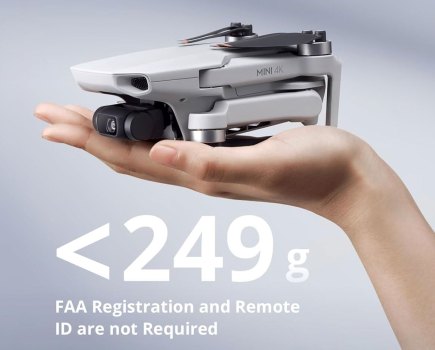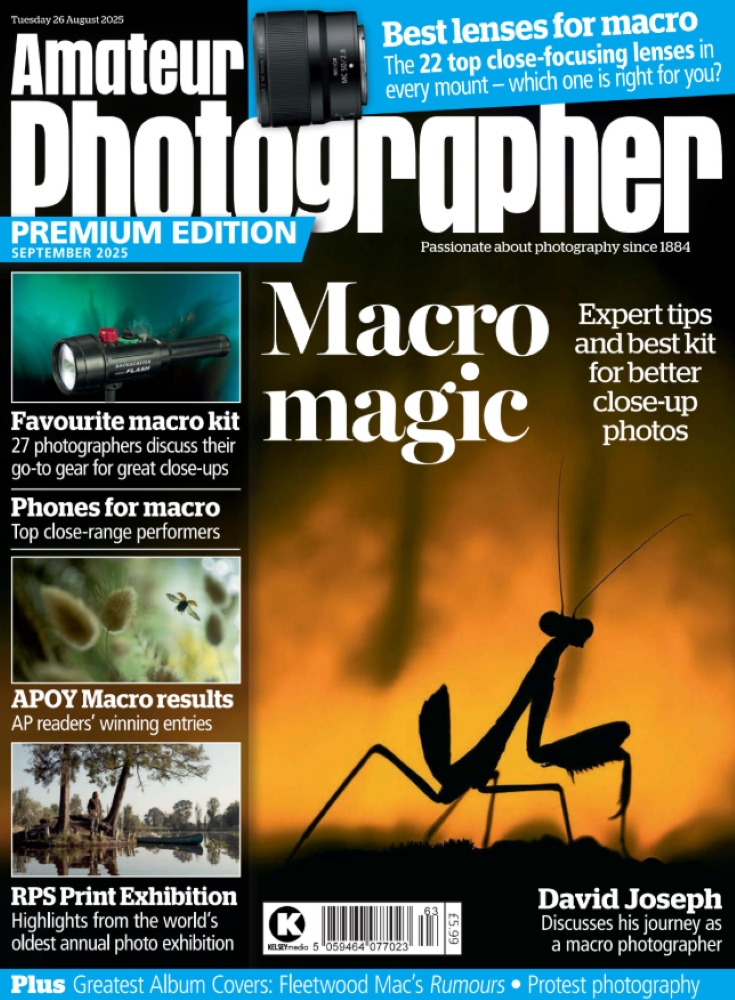While the jury’s still out on a direct link between a rise in mental health issues and being on our mobile phones 24/7, photography itself is a less contentious pastime. And, I believe, it can promote a sense of wellbeing.
It’s no surprise photo walks are ever popular. If there are worries weighing heavy on my shoulders, getting out of the house and walking it off is always a good idea. Put a camera in my hands at the same time and I feel like I’m not just wandering around in a daze but being productive with it.
Which again feels positive. Much better to put finger to shutter release and freeze time, than lose hours doom scrolling. Getting outside in daylight also increases the body’s serotonin levels, the natural mood booster described as the happiness chemical.
Yes, most of us may wish we were better photographers. Like any creative pursuit, there are inevitably moments of self-doubt and that voice in the back of our heads telling us our shots are crap. Or maybe a shoot was not without frustration, which has coloured our view.
If I feel like that, I’ll often file pictures away. It never fails to surprise me how many unexpected gems I subsequently discover when I lay fresh eyes on the same photos, months or even years later.
The images haven’t changed, but my perspective has.
It’s also better for our mental health to stop comparing ourselves to the achievements of other photographers – the art is, after all, subjective – and focus instead on what makes us authentic and unique. Find our voice. And remind ourselves that when it comes to image creation, sometimes our ‘good enough’ is indeed good enough.
If we have done our best, then we can do no more.
Even photography’s greatest sometimes were, and are, disappointed with their pictures. Past AP contributors David Bailey and Bob Carlos Clarke for example. Bailey has been quoted as saying he’s often a little bit disappointed, but that’s OK as it motivates him to do better. More extreme, Bob Carlos Clarke once told me in a magazine interview that when he’d been dissatisfied with a photograph, it made him want to commit suicide. He later stepped in front of a train.
There’s enough stuff in modern life to drive us to distraction. So, the next time there’s that sense of being overwhelmed, uncouple yourself from your phone, pick up a standalone camera and make time to take in the world around you. Slow down, compose your frame, shoot.
It may just do wonders for your mental health. For me, music, films, photography, serotonin… they’re all my stockpile of personal happiness chemicals to dip into when I need a boost. Or to simply find a way to push through.
If you need help with your mental health, reach out, there are a number of organisations happy to help. In the US, the Samaritans offer a range of help. In the UK, Mind and the Samaritans (Phone 116 123) has a range of help and resources available.
The views expressed in this column are not necessarily those of Amateur Photographer magazine or Kelsey Media Limited. If you have an opinion you’d like to share on this topic, or any other photography related subject, email: ap.ed@kelsey.co.uk








